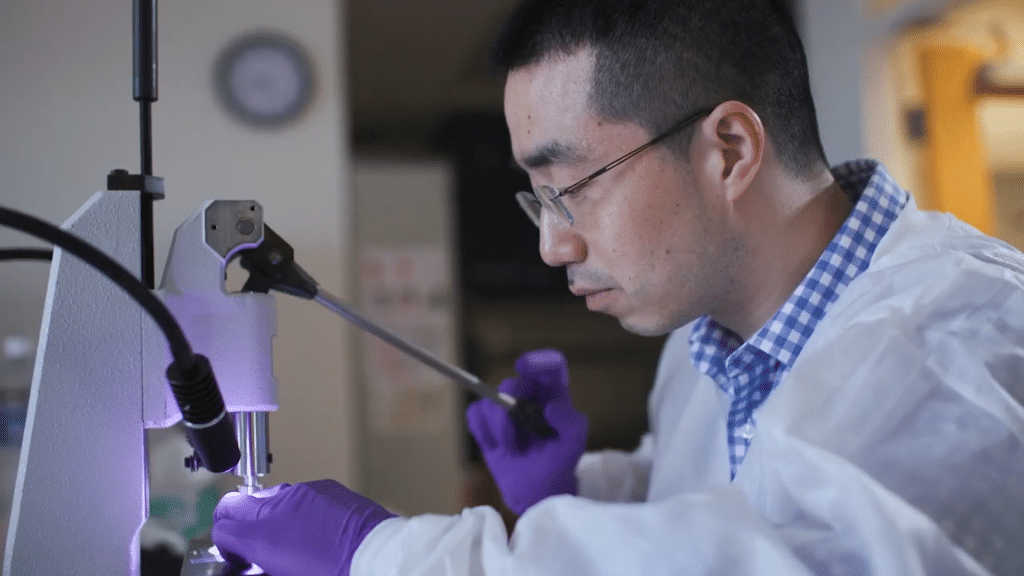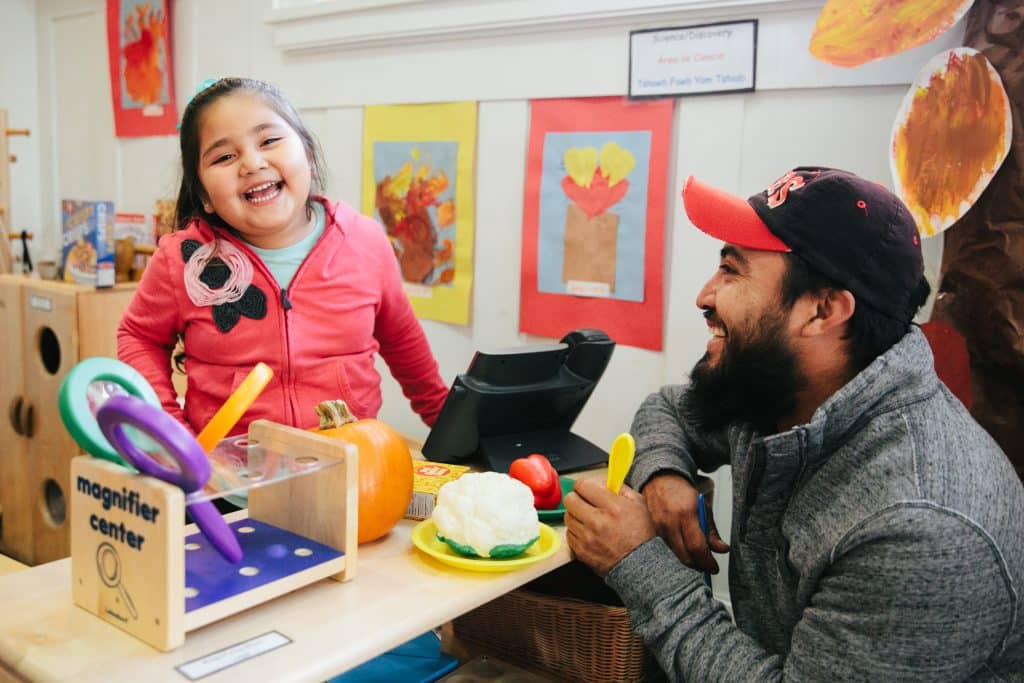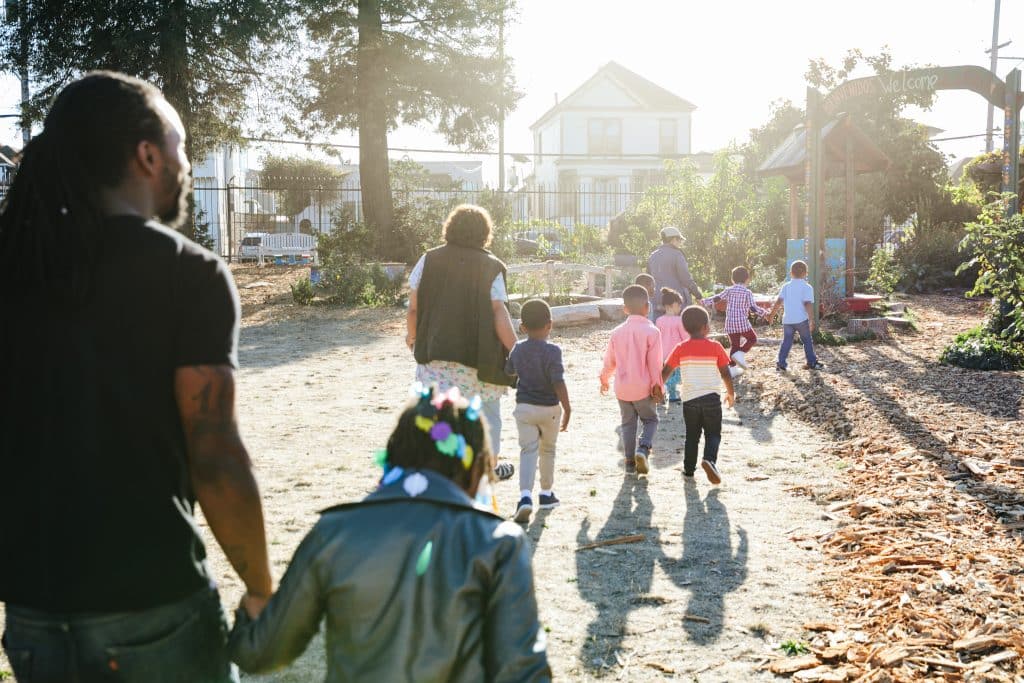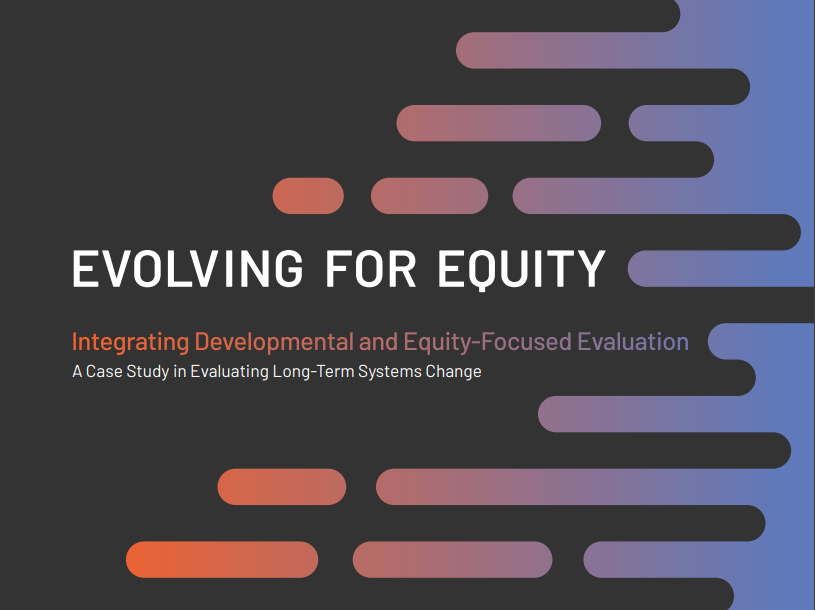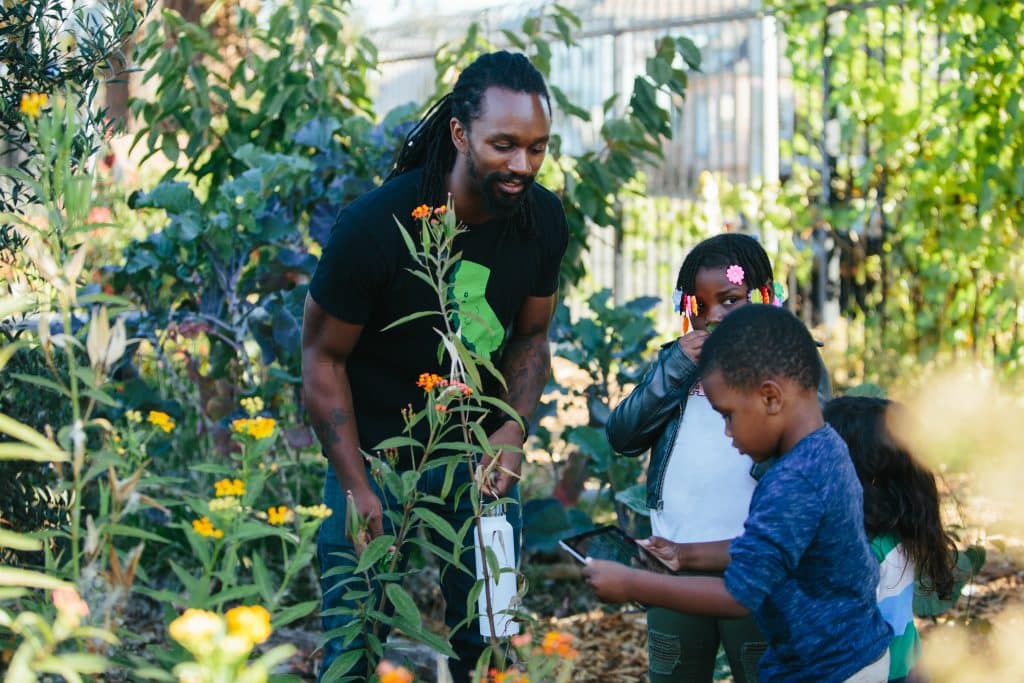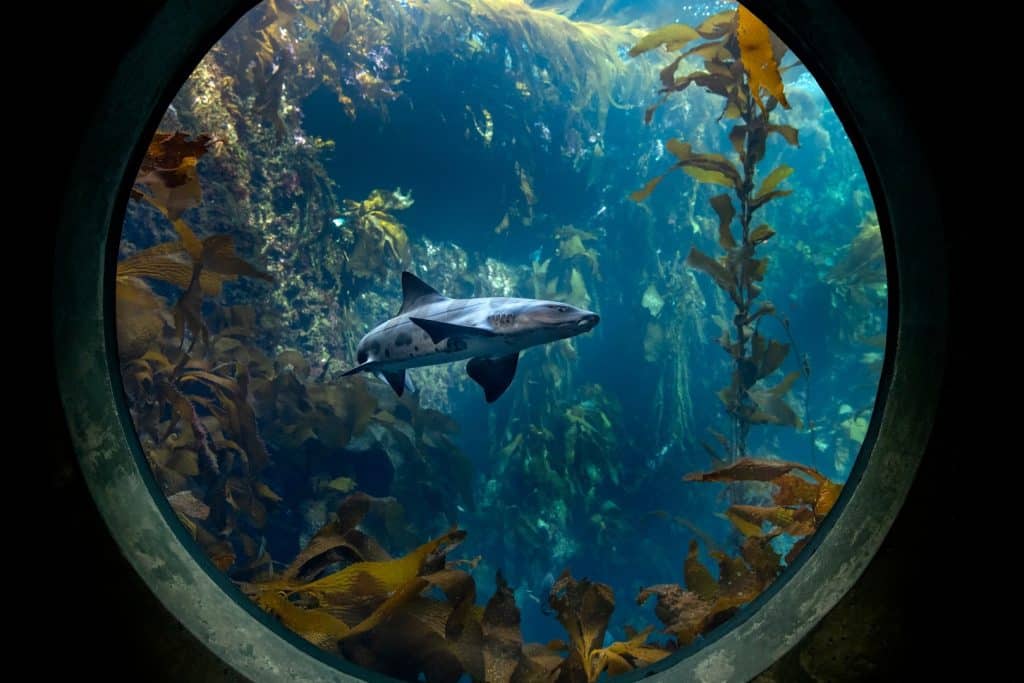The “river walk” has been a piece of Guadalupe River Park Conservancy’s (GRPC) science-based nature education program for more than 10 years. If you strolled along San Jose’s Guadalupe River, you were likely to see young children knee-deep in the water.
Wearing waders, the kids were absorbed in their task, searching for fish, amphibians, and macroinvertebrates. Later, the students would use scientific equipment to test the water quality and learn mathematical equations for calculating the speed of its flow.
Access to nature is not simple for many of San Jose and Santa Clara County kids. Children and youth live in apartment complexes without yards or in neighborhoods where parents may not feel safe letting their kids play outdoors.
GRPC-hosted field trips for local students in kindergarten through eighth grade, along with afterschool and summer programming in San Jose’s “central park,” makes nature and science learning possible, engaging and relevant. The conservancy offers scholarships to Title I schools, which make up more than half the field trips, and a free summer day camp.
It’s wonderful for students to see how what they are learning in school also applies to the community.
However, with California plagued by drought the past several years, GPRC found it had to get creative with its curriculum. Staff could no longer let students trudge through the Guadalupe River because the habitat had to be protected.
Instead, field trip participants now examine macroinvertebrates in handmade microhabitats, and learn to test how animals are responding to the changing water quality.
It is one thing for a 10-year-old to learn about the drought in a classroom, and another thing altogether to observe and interact with its effects. The students learn about current events by engaging with their environment.
“It’s wonderful for students to see how what they are learning in school also applies to the community,” said a fifth-grade teacher whose students went on the “Hooked on Chinooks” field trip. The hands-on trip, based on science and language-arts standards, teaches kids about native species and introduces them to science careers.
That is the type of lesson that benefits students, their teachers and all who care about the environment.
What I see coming out of this training is a real toolbox of skills that I can apply to help lift up the advocacy community in Virginia, and make us all more effective.
Massey Whorley, Senior Policy Analyst at the Commonwealth Institute for Fiscal Analysis in Richmond, Virginia
But the Children’s Health Leadership Network is about more than a one-time push to build the knowledge and skills of individual advocates. The sponsoring foundations work with advocates every day, and they understand that these individuals are better able to lead when they are connected with others who share their abilities and commitment. That is why the ten-year venture aims to build a whole that is greater than the sum of its individual parts – a true network whose members will support and challenge each other throughout their careers.
The Network is just beginning its important work, but even early on, there are signs that a true network has begun to take shape.
Why does this matter for kids? Because they’ll have a stronger advocate. They’ll have someone who’s a confident, independent voice for children and who is able to bring the evidence to show that we know what works for kids.
Ericka Fricke, Health Policy Director at Allies for Children, in Pittsburgh, Pennsylvania
The major victories for children over the last two decades have laid a strong foundation for continued progress. But on issues as diverse and interconnected as health, poverty, education, and child abuse and neglect, real and urgent challenges still remain. With the continued engagement of talented and committed advocates, the Children’s Health Leadership Network will field a new generation of advocacy leaders able to meet those challenges and continue delivering policy wins that improve the lives of America’s children.
These leaders are already starting to join with one another, share their expertise, find new ways of working together, so we feel this is a very powerful formula to accelerate their leadership.
Jann Jackson, Senior Associate for Policy Reform and Advocacy at the Annie. E. Casey Foundation
